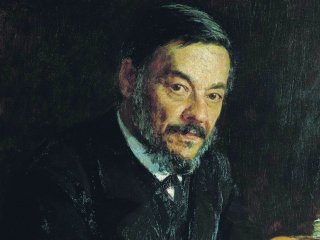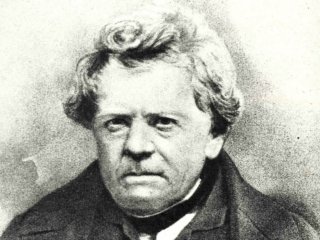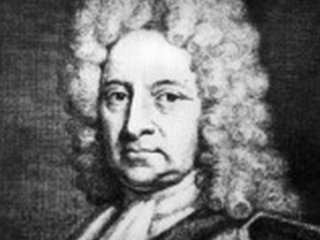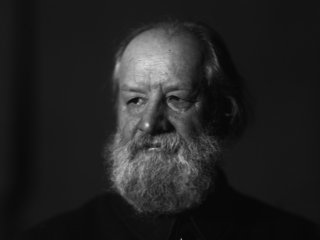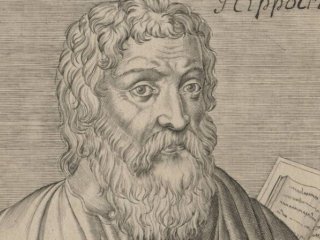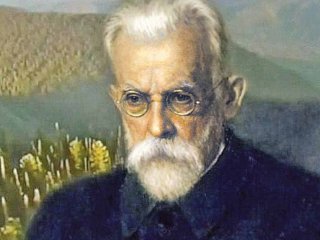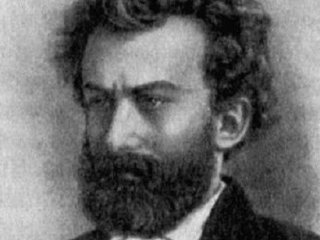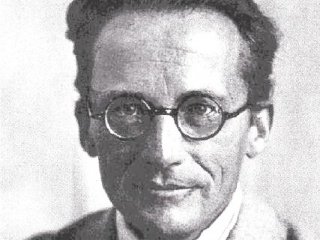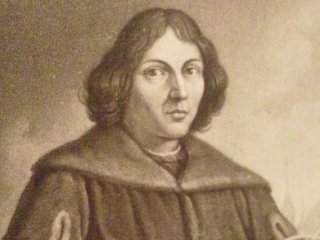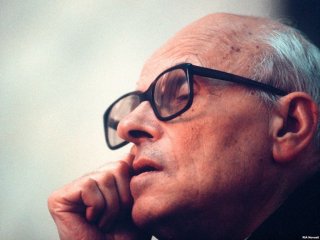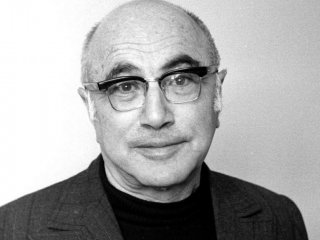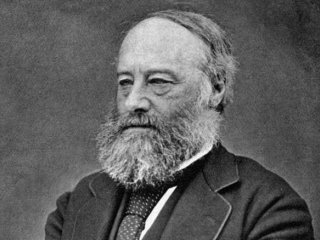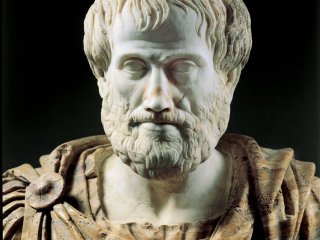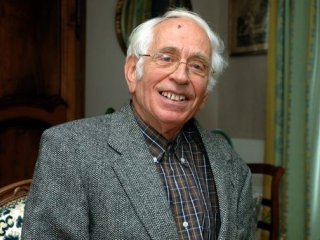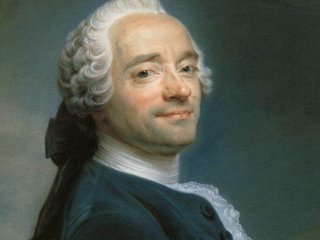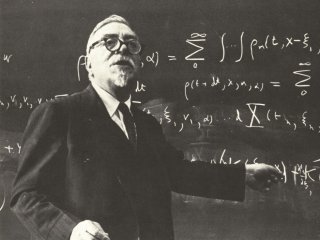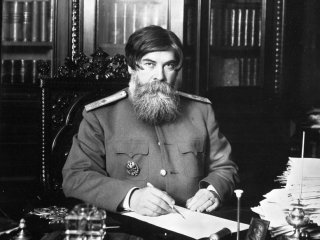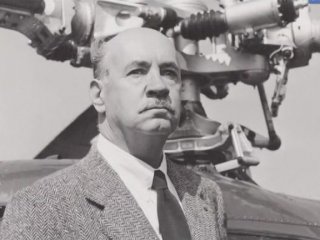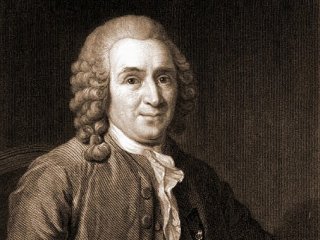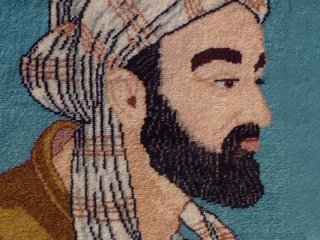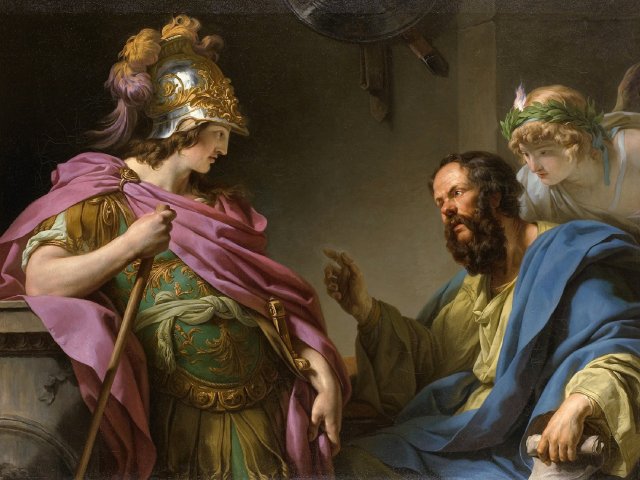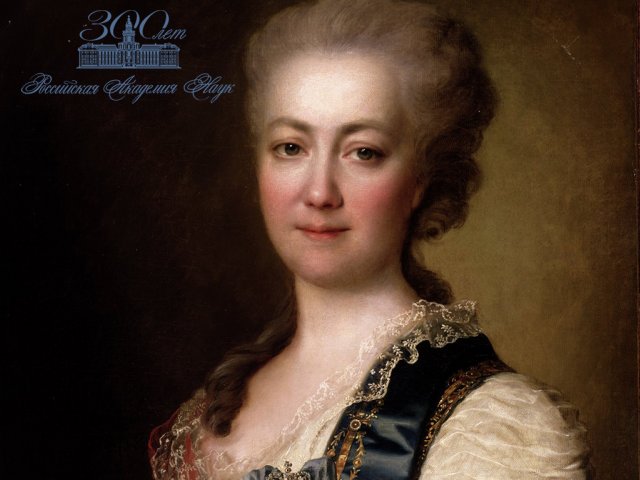Life of Outstanding Scientists, page #1
Ivan Mikhaylovich Sechenov. August 13, 1829 – November 15, 1905.
Outstanding Russian physiologist, chemist, founder of the Russian school of physiology, polymath scientist, honorary member of the Saint Petersburg Academy of Sciences.
Georg Simon Ohm. 16 March, 1789 – July 6, 1854. Famous German physicist. Found and proved the law that demonstrates a proportionality between the current in the circuit, voltage and resistance.
Edmond Halley. November 8, 1656 – January 14, 1742. English astronomer, geophysicist, mathematician, meteorologist, physicist. Immortalized by the comet that was named after him.
Aleksey Nikolaevich Krylov. August 3 (15), 1863 – October 26, 1945. Russian and Soviet shipbuilder, engineer and mathematician, academician of the Saint Petersburg Academy of Sciences / Russian Academy of Sciences / USSR Academy of Sciences.
Hippocrates. C. 460 BC – between 377 and 356 BC. Famous ancient Greek physician. Became known as the founder of medicine. His name is in the oath of ethics taken by physicians, and in a number of medical terms
Vladimir Ivanovich Vernadsky. March 12, 1863 – January 6, 1945. Natural scientist, thinker and public figure. Academician of the Imperial Saint Petersburg Academy of Sciences and the USSR Academy of Sciences. One of the founders and the first President of the Ukrainian Academy of Sciences. Member of the Czechoslovak Academy of Sciences and the Paris Academy of Sciences. Founder of scientific schools. Founder of geochemistry, biogeochemistry, radiogeology, study of the biosphere, founder of multiple scientific institutions.
Nicholas Miklouho-Maclay. July 5 (17), 1846 – April 2 (14), 1888. Russian ethnographer, anthropologist, biologist and traveler who studied the indigenous peoples of Southeast Asia, Australia and Oceania, including the Papuans of the northeastern coast of New Guinea.
Erwin Rudolf Josef Alexander Schrodinger. August 12, 1887 – January 4, 1961. Austrian theoretical physicist, one of the founders of quantum mechanics. Nobel laureate in Physics.
Nicolaus Copernicus. February 19, 1473 – May 24, 1543. Renaissance-era Polish astronomer, mathematician, engineer, economist, physician. Known as the author of the heliocentric world model.
Andrei Dmitrievich Sakharov. May 21, 1921 – December 14, 1989. Soviet physicist, Academician of the USSR Academy of Sciences, one of the creators of the Soviet hydrogen bomb, three times Hero of Socialist Labor, winner of the Lenin and Stalin Prizes. People's Deputy of the USSR. Nobel Peace Prize winner (1975).
Yakov Borisovich Zeldovich. March 8, 1914 – December 2, 1987. Soviet physicist and physical chemist. Academician of the USSR Academy of Sciences, three times Hero of Socialist Labor, winner of the Lenin Prize and four times winner of the State (Stalin) Prize.
James Prescott Joule. December 24, 1818 – October 11, 1889. English physicist. Made a significant contribution to the development of thermodynamics. Through his experiments, he proved the law of conservation of energy. The SI derived unit of work and energy, the joule, is named after him.
Aristotle. 384-322 BC. Philosopher, founder of formal logic, creator of many concepts and terms of philosophy.
Jean Le Rond D’Alembert. November 16, 1717 – October 29, 1783. French encyclopedist, philosopher, mathematician and mechanic, member of Paris Academy of Sciences, French, Saint Petersburg and many other Academies, one of the authors of the famous Encyclopedia.
Norbert Wiener, American scientist, outstanding mathematician and philosopher, founder of cybernetics and artificial intelligence theory.
Vladimir Mikhailovich Bekhterev, an outstanding psychiatrist, neuropathologist, physiologist, psychologist, founder of reflexology in Russia. Founder of Saint Petersburg Research Psycho-Neurological Institute, the first establishment in the world for the comprehensive study of humans. Nowadays the institute is named after its founder.
Russian and American aircraft designer, scientist, inventor and philosopher. Designer of Russky Vityaz, the first-in-the-world four-engine plane, the first heavy four-engine bomber and Ilya Muromets passenger plane.
Carl Linnaeus, Swedish naturalist and physician, founder of unified classification of living organisms. One of the founders and a full member of the Swedish Academy of Sciences, Paris Academy of Sciences and other academies worldwide.
Avicenna wrote volumes of books on natural sciences and was one of the most courageous fighters for the freedom of thought in the Moslem East. Many discoveries by Avicenna were proven experimentally hundreds of years later.
Partners
Show allOur mobile application
Social networking
Recent
Popular
Lectures
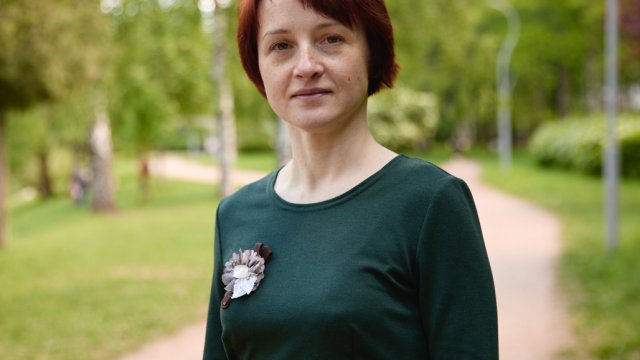
What saints did the conquistadors pray to and why did they decide to conquer Mexico? What was the ethnic, regional, and age composition of the Conquista?
